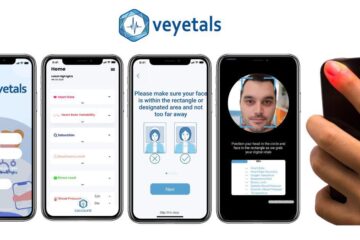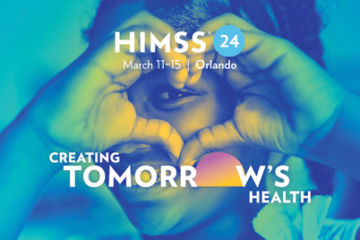Image Credit: Pexels, free of rights
Diabetes is a long-term condition that impairs your body’s ability to convert the nutrients in food into usable energy. If your pancreas does not produce enough insulin or if your cells do not respond well to insulin, you will develop this condition. Insulin is a hormone that assists glucose, or sugar, in entering cells so that it can be utilized as a source of energy. People who have diabetes have abnormally high levels of glucose in their blood. This can, over time, lead to serious health problems such as cardiovascular disease, kidney failure, nerve damage, and even blindness.
The most recent report from the Centers for Disease Control and Prevention (CDC) indicates that more than 37 million people in the United States have diabetes, and among those people, one in five are unaware that they have the condition. This indicates that approximately 8.5 million people are living with diabetes that has not been properly diagnosed and are therefore at risk of developing complications if they do not receive appropriate treatment and management. Diabetes is also more prevalent among members of particular racial and ethnic groups, such as American Indians and Alaska Natives (14.5%), non-Hispanic blacks (12.1%), Hispanics (11.8%), and non-Hispanic Asians (9.5%).
There are approximately 96 million adults in the United States who have prediabetes, which indicates that their blood glucose levels are higher than normal but are not yet high enough to be diagnosed with diabetes. This is yet another alarming statistic. A higher risk of developing type 2 diabetes, cardiovascular disease, and stroke is associated with having prediabetes. However, a significant number of people who have prediabetes are unaware that they have the condition and do not take any measures to avert or postpone the development of diabetes.
The financial burden that diabetes places on a country is also staggering. The direct medical costs associated with diabetes were estimated to be $237 billion in 2017, and lost productivity was estimated to cost another $90 billion. This brought the total estimated cost of diagnosed diabetes to $327 billion. People who have diabetes have a yearly medical bill that is an average of $9,601 more expensive than people who do not have diabetes.
The good news is that diabetes can be prevented or delayed by making changes to one’s lifestyle. These changes include eating healthy foods, being physically active, losing weight if one is overweight or obese, quitting smoking if one is a smoker, and taking medications if one’s doctor prescribes them. If you already have diabetes, you can control it by following the advice given to you by your doctor regarding the monitoring of your blood glucose levels, the use of medication, diet, exercise, and regular check-ups. You can improve the quality of your life and reduce the likelihood of developing complications if you take these precautions.
Diabetes is a rapidly spreading epidemic in the United States that has a negative impact on the lives of millions of people and their families. It is critical to educate people about this disease as well as the various methods available for preventing and treating it. If we work together, we can defeat diabetes and the complications it causes.
Table of Contents
ToggleAbout Us
Our cloud based, lightweight API allows Veyetals to be integrated with the healthcare apps and platforms that matter to you most. The app is interoperable with other healthcare management systems including, but not limited to, SenSights.AI. Veyetals drives information sharing with other health management solutions and further enhances the continuum of patient care.
Download our FREE app here
Follow us on LinkedIn at veyetals.com for more updates
Sources:



